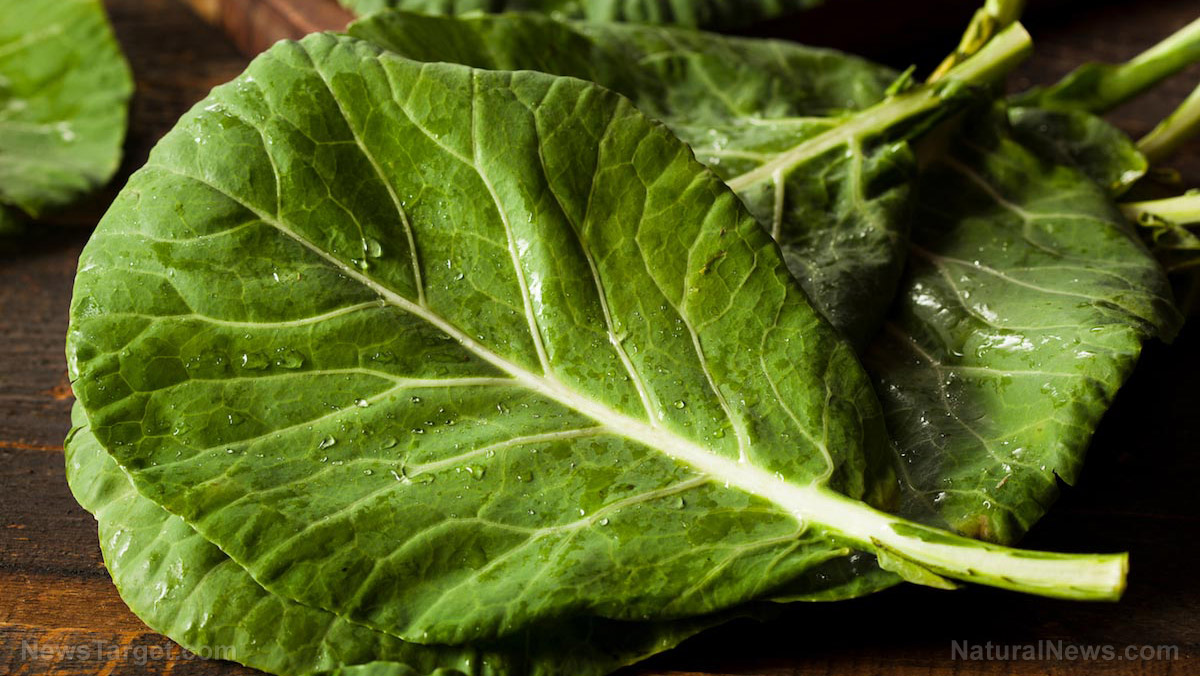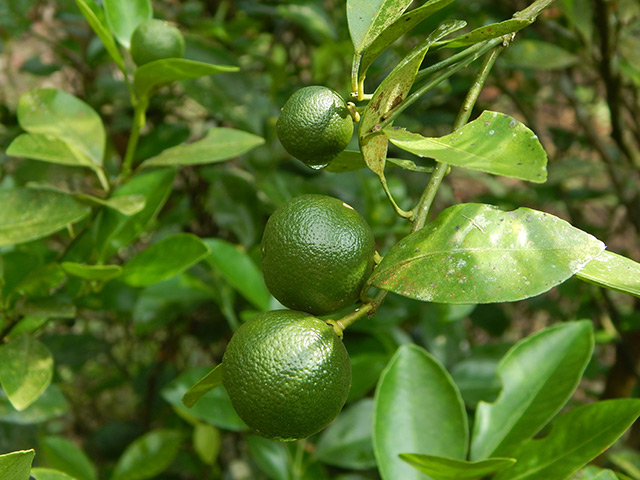A cup of joe is all you need: Research shows increased caffeine intake can reduce risk of rosacea
03/01/2019 / By Zoey Sky

Most people need to drink a cup of coffee in the morning because it helps them feel more alert and energetic. However, according to a study, drinking coffee can also help relieve the side effects of a skin condition called rosacea.
What is rosacea?
Rosacea is a chronic inflammatory skin disease that usually affects a person’s face. It can worsen when left untreated.
Often mistaken for acne, eczema, or a skin allergy, rosacea is more common in people with fair skin. At least one in 20, or 14 million Americans, have rosacea. The condition is more common among fair-skinned people of northern European ancestry.
The symptoms of rosacea may include:
- Facial skin hyper-reactivity
- Facial swelling
- Flushing/blushing easily
- Inflamed blood vessels (Vascular rosacea)
- Red, itchy eyes (Ocular rosacea)
- Persistent redness
- Pimples, papules, and pustules (Inflammatory rosacea)
- Rhinophyma/excess facial skin around the nose
The results of the study suggest that drinking more caffeinated coffee can help lower your risk of developing rosacea. Dr. Rajani Katta, a board-certified dermatologist and author of “Glow: The Dermatologist’s Guide to a Whole Foods Younger Skin Diet,” explained that the findings were unexpected.
Prior to the study, experts considered coffee as a trigger for the skin condition since the heat from the beverage may trigger symptom flares. But according to the findings, caffeinated coffee also has polyphenols that could alleviate those effects, but only when a person drinks at least four servings per day. (Related: Study: Polyphenols may relieve rosacea symptoms.)
Additionally, caffeinated coffee is beneficial because it’s a vasoconstrictor, which means it can help reduce the rush of blood to the skin’s surface. The beverage, which is rich in protective antioxidants, also has an immunosuppressant effect that can help minimize inflammation.
The study authors concluded that caffeine from coffee can help balance hormone levels linked to rosacea, such as adrenaline, noradrenaline, and cortisol.
But is that much caffeine good for you?
Dr. Patricia Farris, a dermatologist and clinical associate professor at the Tulane University School of Medicine, warns that even though she finds the study interesting, the results aren’t that helpful. Dr. Farris added that telling patients with rosacea to drink four cups of coffee a day to control their rosacea may cause “the jitters or heart palpitations.”
Dr. Katta noted that aside from jitters and heart palpitations, drinking this much coffee may cause other health concerns. Some individuals are more sensitive to caffeine compared to others.
There are also individuals who can’t drink black coffee, which means they may add sugar or cream to make the beverage more palatable. Sweeteners add up, which can cause weight gain or even diabetes.
Dr. Katta said that people with rosacea should “[stick] within the limits.” Plain black coffee is best to reap the benefits of the drink.
She added that you need to be careful about adding sweeteners and creamers to coffee, especially since adding about two teaspoons of sugar per coffee, multiplied by four servings, means “you’re already at a higher level of sugar intake” than what is recommended by the World Health Organization (WHO). The same goes for blended coffee drinks, which often contain at least 16 teaspoons of sugar or more.
Dr. Katta said that if you’re already a coffee drinker with rosacea, you can keep drinking the beverage. Just make sure you pay attention to the temperature of your coffee and what you’re adding to make it more palatable.
If you’re not a coffee drinker, you can manage your condition by avoiding possible triggers that may result in flares of rosacea, such as:
- Anger, anxiety, embarrassment, or stress
- Excessive sun exposure
- Situations that lead to overheating (e.g., long hot showers and overheating while exercising)
- Food and beverages (e.g., alcohol, dairy products, or spicy foods)
Caffeinated coffee can help reduce rosacea risk, but you need to make sure that you drink it at a reduced temperature that won’t trigger your symptoms.
Sources include:
Tagged Under: caffeinated coffee, caffeine, chronic inflammatory skin disease, coffee, home remedies, immunosuppressant, inflammation, natural cures, polyphenols, prevention, remedies, research, rosacea, vasoconstrictors




















